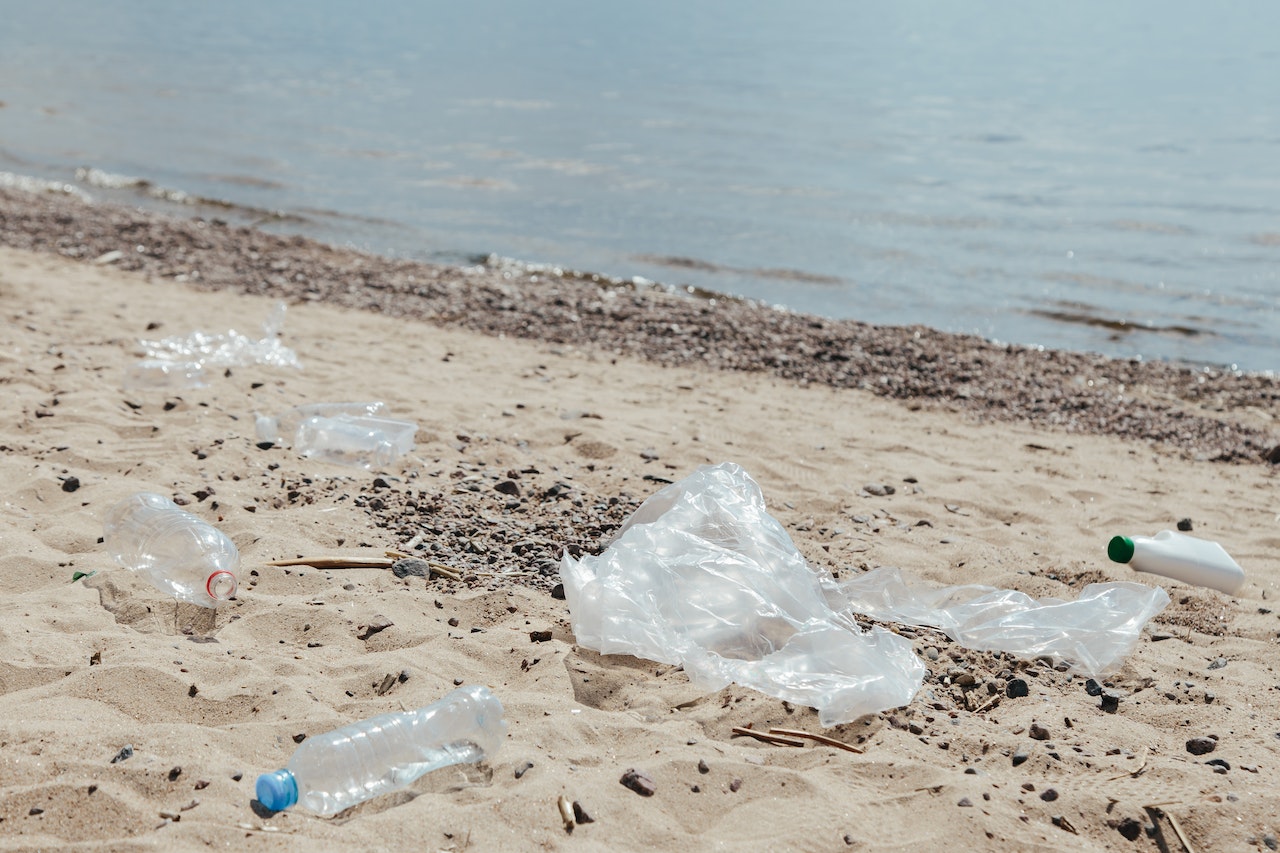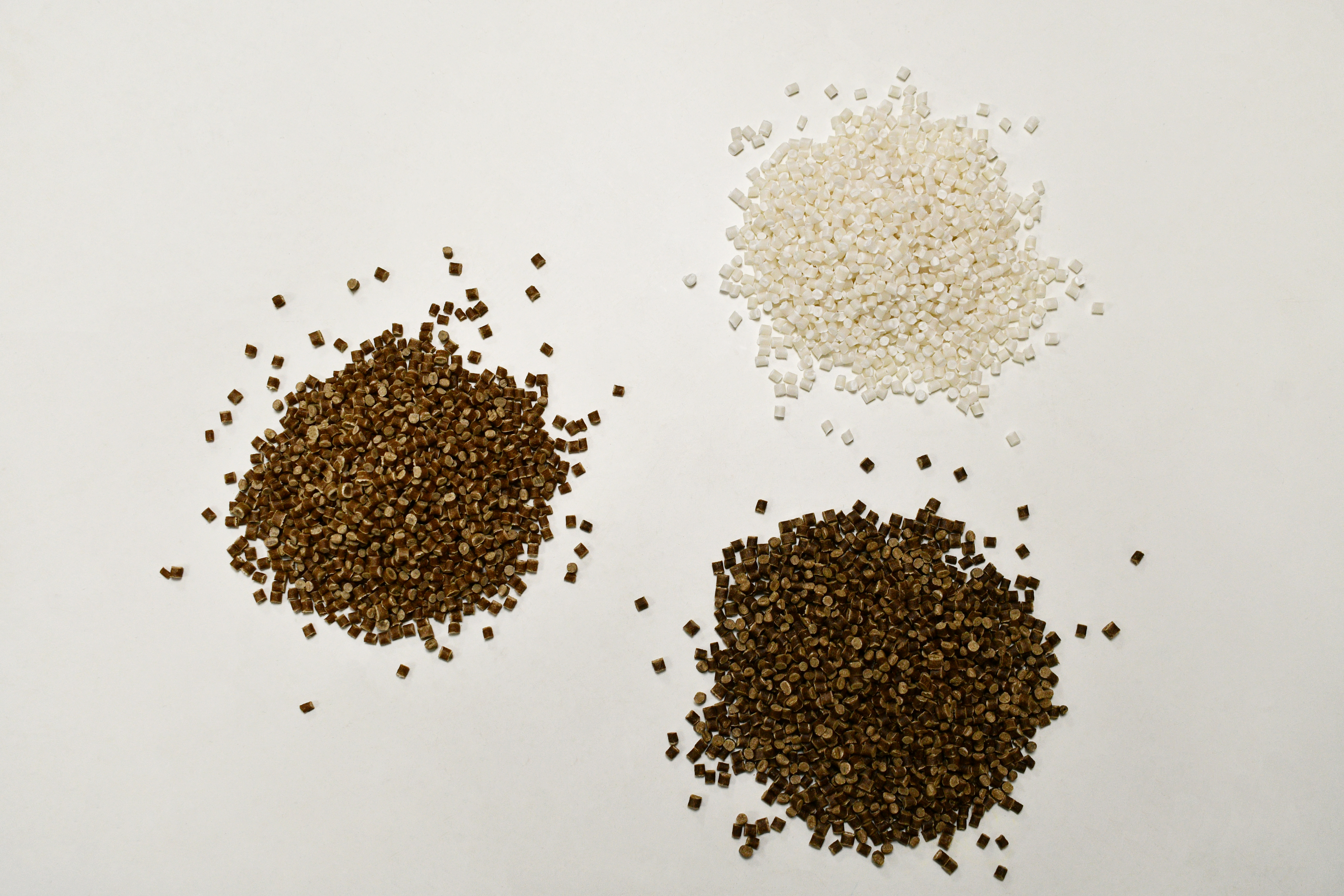Choosing Eco-Friendly Polypropylene: A Responsible Choice for a Cleaner Planet
Choosing eco-friendly polypropylene represents a responsible choice for a cleaner planet. By opting for sustainable alternatives, we can minimize our ecological footprint and contribute to a more sustainable future.
Importance of making responsible choices for a cleaner planet
The pressing need for sustainable and environmentally responsible choices has never been more evident. As we strive to address the global challenges of climate change, resource depletion, and pollution, every decision we make can have a profound impact on the health of our planet.

Polypropylene, a widely used thermoplastic polymer, plays a crucial role in many applications, ranging from packaging to automotive parts. However, the conventional production and disposal of polypropylene can have adverse environmental consequences. That's where the concept of eco-friendly polypropylene comes into play.
Eco-friendly polypropylene
Eco-friendly polypropylene refers to polypropylene plastic that has been produced using environmentally conscious methods and has a reduced impact on the environment compared to traditional polypropylene. Eco-friendly polypropylene can be made from recycled or biodegradable materials, reducing waste and promoting sustainability in the plastics industry.
While there is some debate over the eco-friendliness of polypropylene, efforts are being made to develop more sustainable production methods and encourage the use of eco-friendly alternatives to traditional plastics.
Eco-friendly polypropylene can be achieved through various methods:
- Bio-based polypropylene: This type is derived from renewable resources such as plant-based feedstocks. Instead of relying on fossil fuels, bio-based polypropylene utilizes agricultural crops, algae, or other bio-based materials as its raw materials. By reducing the reliance on finite resources and decreasing carbon emissions, bio-based polypropylene helps to mitigate the environmental impact of plastic production.
- Recycled polypropylene: Another form of eco-friendly polypropylene is made from recycled materials. This involves collecting and processing used polypropylene products and transforming them into new polypropylene resin. By diverting waste from landfills and reducing the need for virgin plastic production, recycled polypropylene helps to conserve resources and reduce environmental pollution.
- Biodegradable polypropylene: Some formulations are designed to be biodegradable, meaning they can break down naturally into non-toxic components in a specific timeframe. Biodegradable polypropylene offers an alternative to conventional plastics that can persist in the environment for hundreds of years. It helps to address the issue of plastic waste and can be beneficial in applications where single-use or short-term use is required.

Bio-based polypropylene made from plant-based such as sugarcane bagasse, coffee grounds, rice waste.
>>>> Learn more at: 3 Renewable Polypropylene Recommendation to Towards A Cleaner World
Choosing Eco-Friendly Polypropylene for a cleaner planet
Reduced carbon footprint and greenhouse gas emissions:
Eco-friendly polypropylene, particularly bio-based and recycled variants, have a significantly lower carbon footprint compared to conventional polypropylene. This is because they utilize renewable resources or recycled materials instead of relying solely on fossil fuels for production.
Biodegradability and recyclability:
Some eco-friendly polypropylene formulations are designed to be biodegradable, meaning they can break down naturally over time, reducing their impact on the environment. Biodegradable polypropylene offers a solution to the issue of plastic waste by degrading into non-toxic components, minimizing pollution and harm to ecosystems.
Resource conservation and waste reduction:
Bio-based polypropylene, for example, reduces reliance on fossil fuels and promotes the use of renewable resources. Recycled polypropylene diverts waste from landfills and reduces the need for virgin plastic production.
Environmental and human health considerations:
Eco-friendly polypropylene often undergoes rigorous testing and evaluation to ensure its safety for both the environment and human health. This includes the absence or reduction of harmful chemicals and toxins in the production process and the end product.
>>>> Learn more at: The Use of Biobased Materials in Consumer Products for Improved Health and Wellness
Factors to Consider When Choosing Eco-Friendly Polypropylene
- Certifications and standards for sustainable materials: When selecting eco-friendly polypropylene, it is important to look for certifications and standards that verify the material's sustainability claims. These certifications provide assurance that the polypropylene has been produced in an environmentally responsible manner.
- Supply chain transparency and ethical sourcing practices: Understanding the supply chain of eco-friendly polypropylene is crucial in determining its sustainability. Look for suppliers who prioritize transparency and can provide information about the sourcing and production processes. Ethical sourcing practices ensure that the materials used in the polypropylene production do not contribute to deforestation, habitat destruction, or social injustices.
- End-of-life options: Consider the end-of-life options for eco-friendly polypropylene. Does it have the potential for recycling or composting? Look for polypropylene that is compatible with existing recycling systems or is designed for specific recycling processes. Additionally, if compostability is important to you, ensure that the polypropylene meets recognized compostability standards.

- Performance and suitability for intended applications: While prioritizing sustainability, it is important to ensure that the eco-friendly polypropylene meets the required performance and functional requirements for your specific applications.
Eco-Friendly Polypropylene Recommendation
Coffee-based polypropylene: Coffee-based biocomposite is a type of bio-based polypropylene that utilizes coffee waste as a raw material. Coffee grounds, which are a byproduct of coffee production, are collected and processed to extract the natural fibers present in them. These fibers are then combined with bio-based polypropylene to create a composite material.
Rice Husk-Based Polypropylene: a type of plant-based polypropylene that utilizes rice husk, a byproduct of rice milling, as a raw material.
Rice-based polypropylene: produced by combining rice, a non-food competing by-product from factories, with recycled Polypropylene (PP). It exhibits similar mechanical properties to traditional PP while reducing reliance on fossil fuels and carbon emissions.
Contact us
AirX is the world's first carbon-negative bio-material made from coffee grounds manufacturer.
We specialize in producing bio-based composites using recycled carbohydrates derived from by-products such as coffee grounds, coconut husk, husk, and bamboo. Our goal is to promote sustainability through the use of eco-friendly materials.
We are always here to help and provide the best service possible. If you have any questions or would like to receive advice and feedback directly from our sales staff, please do not hesitate to contact us. You can reach us through:
Whatsapp: +84 969 742 950
Email: [email protected]
We look forward to hearing from you!

